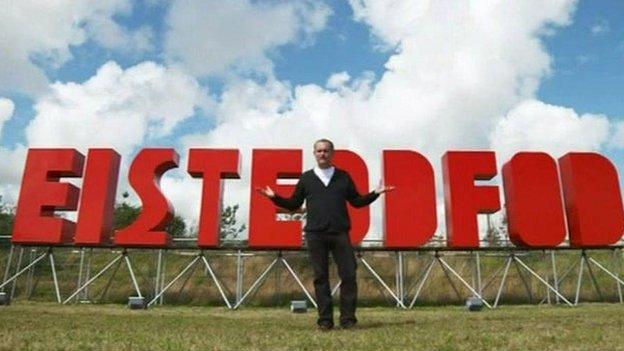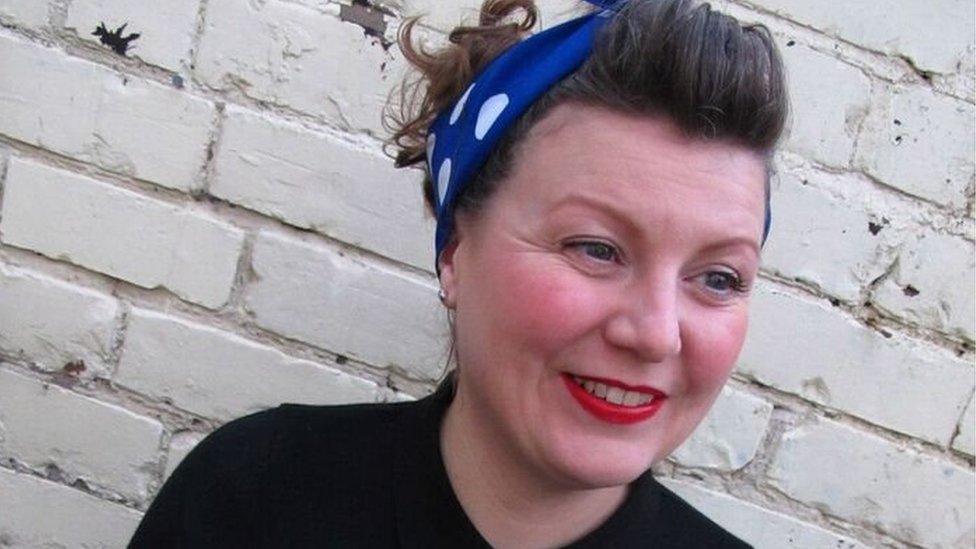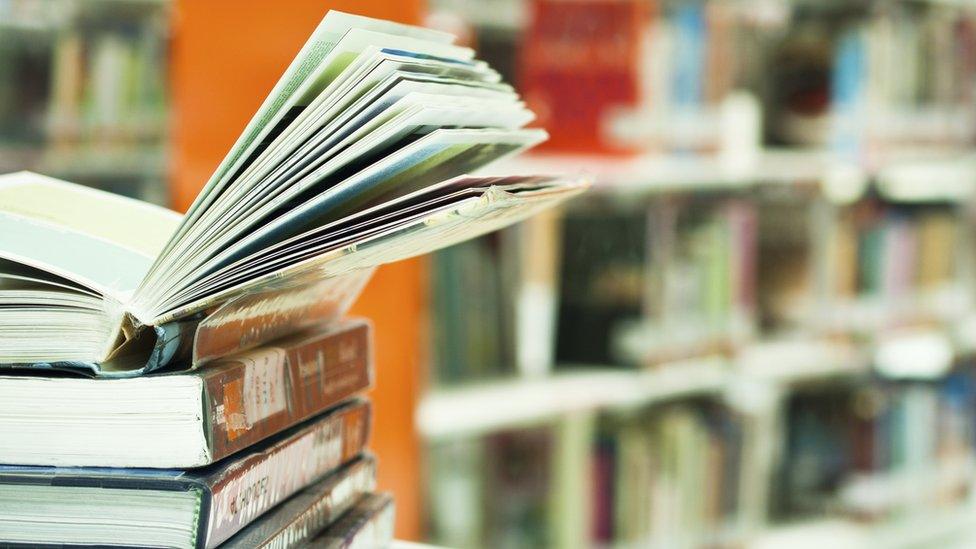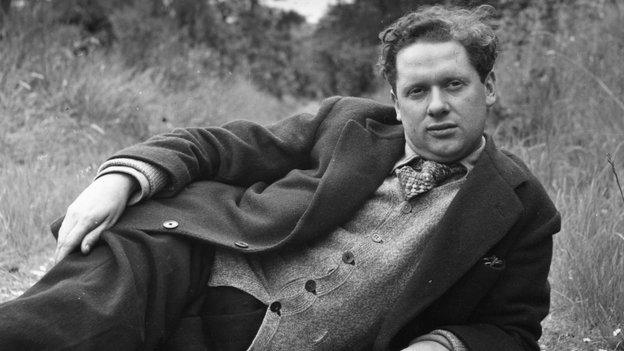Ifor ap Glyn is appointed new national poet of Wales
- Published
Ifor ap Glyn describes the challenges ahead of being national poet
Welsh writer and TV presenter Ifor ap Glyn will be the new national poet of Wales.
The Caernarfon-based poet will take up the role in May and succeeds Gillian Clarke who has held the post since 2008.
Mr ap Glyn writes in Welsh and will be the fourth national poet since the unpaid role was created in 2005.
He told BBC Wales he was "extremely honoured" to be appointed.
Mr ap Glyn said the new position would be an "ambassadorial role".
"The aim is to represent Welsh writing at events and festivals in Wales and across the world," he added.
"Most countries in Europe and beyond have a national poet and why should we be any different in Wales?
"After all, our national anthem says we are a land of poets and singers. Our singers are certainly internationally renowned, perhaps our poets not quite so much, and this role aims to address that."
Mr ap Glyn writes in Welsh and is exploring ways of translating his work for English-speaking audiences.
He said: "Ever since its inception this role has alternated between poets who write in English, and poets who write mainly in Welsh.
"I think all the holders of the post have been keen to bridge the two languages, and work with writers who write in whatever the other language happens to be at the time."


He has twice won the crown at the National Eisteddfod
Who is Ifor ap Glyn?
Born 1961 in London to Welsh parents
Lives in Caernarfon and is a founder member of TV and film company Cwmni Da
Won the crown at the National Eisteddfod in 1999 and 2013
The Welsh language Children's Laureate - Bardd Plant Cymru - 2008-2009.
Bafta Cymru awards including for the series Lleisiau'r Rhyfel Mawr and Popeth yn Gymraeg.
A performer at festivals including the Smithsonian Folk Life Festival in Washington DC.

Gillian Clarke reads Six Bells, a poem to mark the 1960 mining disaster near Abertillery.
The first national poet, Gwyneth Lewis, was appointed in 2005 followed by Gwyn Thomas a year later.
Gillian Clarke, who is the longest-serving of the three national poets of Wales, said there is still more to do in the role she was appointed to in 2008.
"Ifor's an excellent choice. He's fluent in both languages - he's a real Welshman but also an internationalist. I think he'll be able to express Wales to the world."
"He has got all the credentials for being a good national poet."
"I think the poet is the voice of the tribe and he will be one of the voices of the tribe."
Poet Laureate, Carol Ann Duffy, said: "After the fantastic work by Gillian Clarke as national poet, it is exciting to see the role pass to a Welsh-language poet who I am sure will help to celebrate the Welsh language, which is among the greatest treasure of these islands."

What does a national poet do?
Expected to champion Welsh poetry on a global stage
Commissioned to commemorate significant Welsh events with new poems
No salary is paid, though the poet can expect a fee for some works
The role alternates between poets who write in Welsh and English


Sophie McKeand won the Out Spoken Innovation in Poetry Award in 2015
A new young person's laureate has also been appointed.
Sophie McKeand, also from north Wales, has worked with various organisations including National Theatre Wales and Arts Council Wales and will be the figurehead for Literature Wales' projects including, Slam Cymru and the Roald Dahl-inspired outreach scheme, Invent your Event.
Steffan Jones-Hughes from Oriel Learning said: "Sophie brings her energy and enthusiasm for words and language to every session."
- Published18 January 2016

- Published27 October 2014
